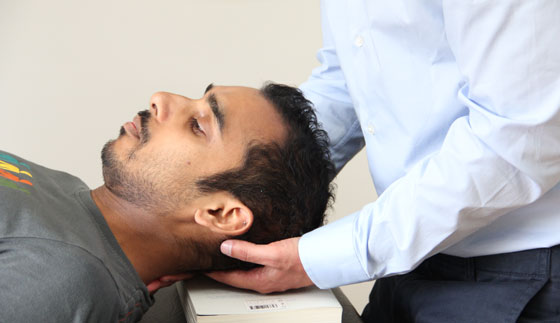As we develop our coordination as young children and throughout our lives we also develop habitual ways of moving our bodies. When we get older these habits have become so ingrained in us that we usually don’t really notice them, we just feel their effects; usually in the form of pain, stress and tension.

Practising the Alexander Technique helps us to relate to ourselves more clearly. It helps refine how we interpret our own sense of position and movement, heaviness and lightness, tension, effort, slackness and fatigue. We become more aware of what is going on as we move, and learn how to prevent unhelpful habitual patterns we are often not fully aware of.
This encourages us to pay attention to the processes involved in the things we do, not just the desired outcome – how easily you move your fingers over the keyboard, not how many characters-per-second you can type.

From an Alexander perspective doing things well has nothing to do with finishing quickly or getting anything right. You are acknowledging the condition and circumstances you are in, and learning to allow yourself the time to do things without over-tightening your joints or your musculature in the process. It stands to reason that with experience this actually tends to lead to improved performance.